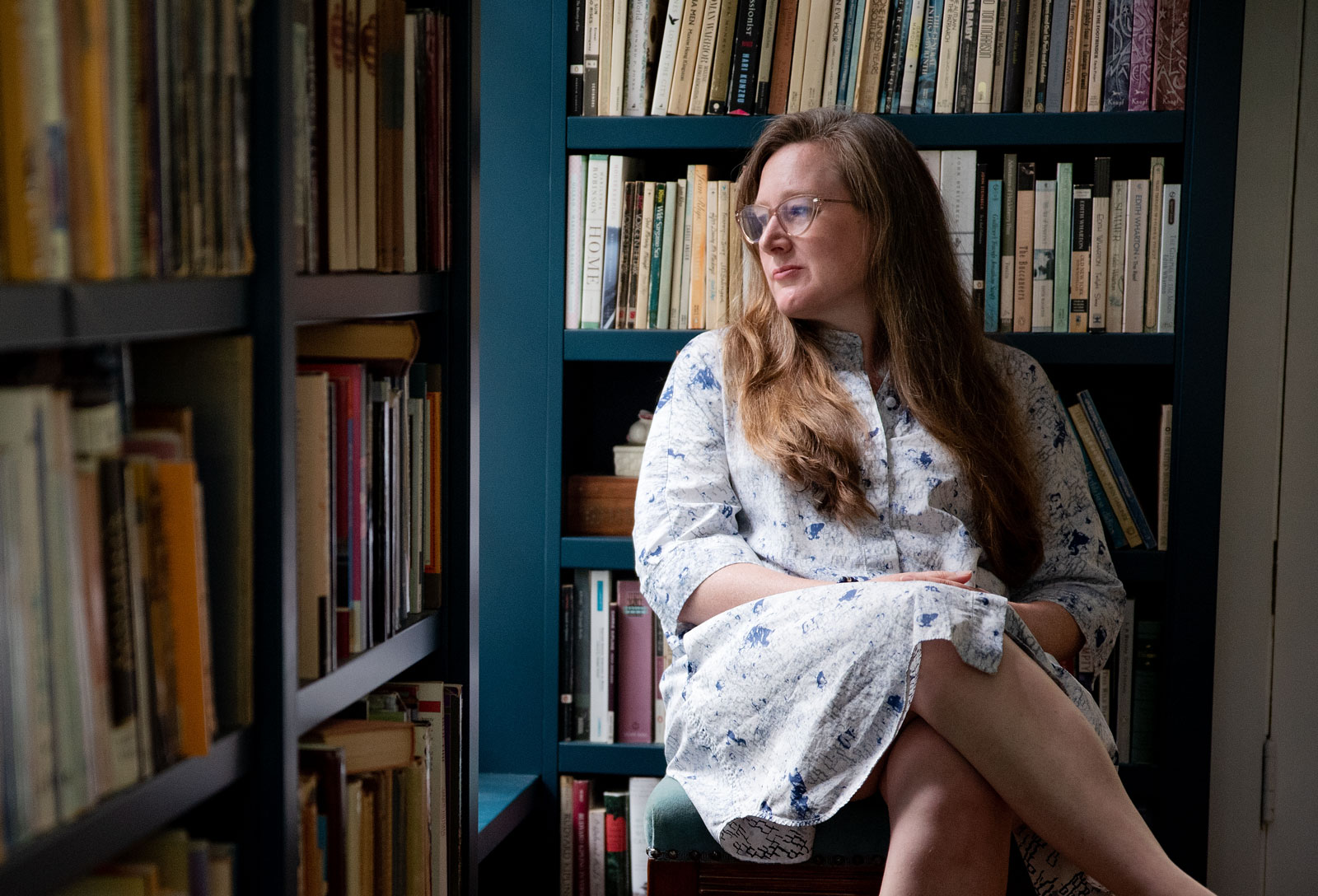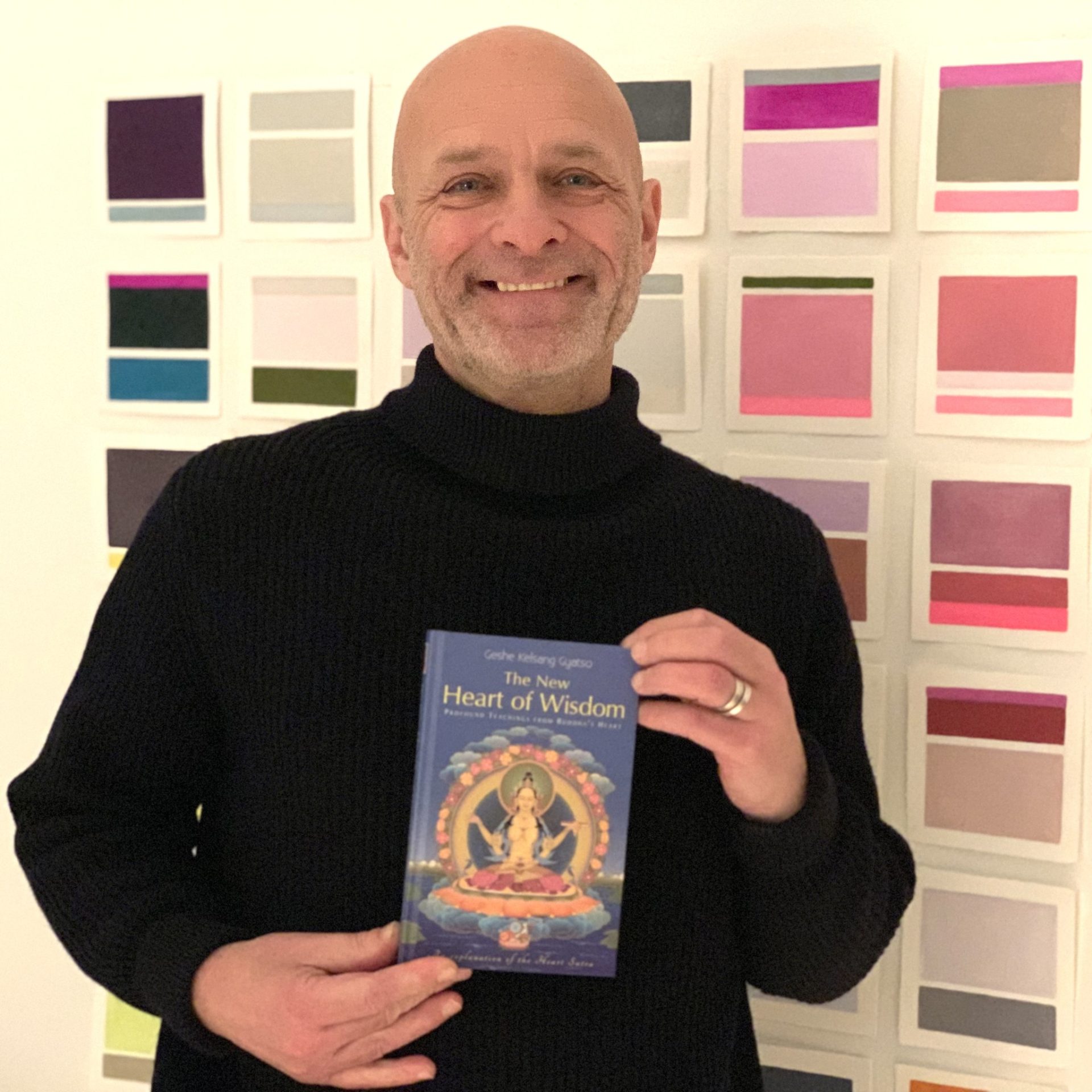What Compassionate Organizations Look Like
Two compassionate organizations that are leading the way through education, innovation, and community. The post What Compassionate Organizations Look Like appeared first on Mindful.

Two compassionate organizations that are leading the way through education, innovation, and community.
By Caren Osten Gerszberg November 28, 2024Global Compassion Coalition
WHO’S AT THE HELM
Based in California, the Global Compassion Coalition (GCC) was founded in 2022 by Rick Hanson, PhD, a psychologist and Senior Fellow at UC Berkeley’s Greater Good Science Center.
HOW THEY DO IT
GCC seeks to bring more compassion to the world through a range of offerings, including a free introductory training for individuals based on the “Seven Steps to Compassionate Living” framework developed by GCC’s head of training, Maria Paula Jimenez.
The seven steps are:
1. Understanding compassion
2. Setting an intention
3. Discovering self-compassion
4. Living with purpose
5. Experiencing our common humanity
6. Cultivating radical acceptance
7. Taking compassionate action in everyday life
GCC also seeks to create communities of compassion through a Connector’s Program to train people in community organizing, and with monthly Compassion Circles that provide opportunities to reflect and share with one another.
REAL-WORLD IMPACT
In an effort to empower and enable people to use compassion in action in daily life, GCC’s trainings, resources, and organizing are designed to effect change at four distinct levels: the individual, the community, leadership, and policy for sectors such as health care, education, and politics.
WHAT’S NEXT
Hoping to support compassion research, the GCC is planning a scholar’s network conference in autumn 2025, as well as a festival of compassion to bring their growing, worldwide community together.
Center for Compassion and Altruism Research and Education
WHO’S AT THE HELM
The Center for Compassion and Altruism Research and Education (CCARE) was founded in 2008 by neurosurgeon, neuroscientist, and New York Times bestselling author James R. Doty, who currently directs the Center.
HOW THEY DO IT
Part of Stanford University’s School of Medicine, CCARE’s mission is to foster compassion through research, education, and scientific partnerships. Anyone interested in developing skills of compassion can begin with the eight-week, online course, Cultivate a Compassionate Heart, designed to provide evidence-based practices in compassion, awareness, meditation, and reflection. CCARE also offers an 11-month program called Applied Compassion Training (ACT). To graduate, participants must create and deliver an Applied Compassion Capstone project in a workplace, classroom, or community setting.
With its Global Directory of Compassionate Teachers, CCARE trains and certifies compassion teachers who lead workshops around the world.
REAL-WORLD IMPACT
After completing the Compassionate Heart class, Will Schneider, a New York-based yoga teacher and co-host of the podcast Men Talking Mindfulness, decided to deepen his compassion skills and training by taking the ACT program. For his capstone project, Schneider—now an Ambassador of Applied Compassion—designed and organized the Better Men Project: an in-person workshop aimed at helping men open up, understand anger, and deepen their compassion and kindness for themselves and for others, through practices including mindfulness, breathwork, reflection, forgiveness, and active listening.
“There’s a principle of common humanity: realizing that I’m a human being, having a human experience, and other humans have had or will have the same experience in the past or the future,” says Schneider. “Knowing this brings a bit of lightness to it. I’m doing the best I can.”
WHAT’S NEXT
For those who take compassion training at CCARE (or elsewhere), their Compassion Alumni Community sessions offer a supportive monthly space via Zoom. Participants gather to continue learning and practicing together for a more compassionate world

 Koichiko
Koichiko 
































